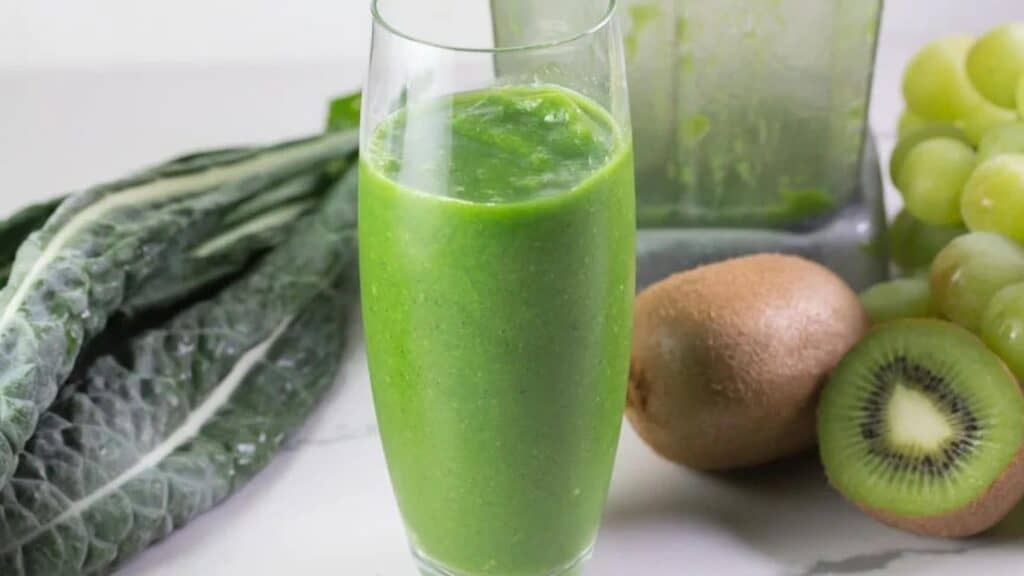How to Breastfeed if You Have IBS
Breastfeeding is a beautiful and natural journey that many mothers embark on, but it can come with its unique set of challenges. For mothers with irritable bowel syndrome (IBS) and following the low FODMAP diet, these challenges may seem even more daunting. In this comprehensive guide, we’ll walk you through every aspect of breastfeeding on the low FODMAP diet, ensuring that both baby and momma get what they need.
Why The Low FODMAP Diet?

The low FODMAP diet is a medically prescribed diet for those with IBS. It can be effective in controlling symptoms in up to 75% of those following the diet. We are addressing breastfeeding while following the diet because it is an extremely effective way of controlling your negative digestive symptoms, which can then allow you to focus better on your baby.
That said, it is not a diet to just try on your own without recommendation from a medical doctor. Please do always follow your doctor’s recommendations.
Essential Nutrition for Breastfeeding

Breastfeeding is an energy-intensive process, and it’s crucial to ensure that you’re meeting your calorie needs to maintain your energy levels and support milk production. While counting calories may not be necessary, focusing on nutrient-rich foods is essential for both you and your baby’s health.
Calorie Requirements for Breastfeeding

During breastfeeding, it’s recommended to consume an additional 330 to 500 calories per day. These extra calories are necessary to fuel your body and provide your little one with the nourishment they need.
Nutritious Snack Ideas

In addition to your regular meals, incorporating 1 to 2 snacks daily can help you maintain your energy levels and combat those hunger pangs. Here are some easy, nutritious snack ideas that are compatible with a low FODMAP diet:
- Lactose-free yogurt: Opt for options from brands like Green Valley, which are not only delicious but also gentle on your stomach.
- Smoothie: Blend 1 cup of lactose-free kefir, ⅓ small ripe banana (we like frozen), 1 cup of baby spinach, and 1 tablespoon of peanut butter for a nutritious and filling smoothie. Or try this low FODMAP green smoothie.
- Corn tortilla: Spread with 30 g avocado, 2 tablespoons of crumbled feta, and 1 tablespoon of pumpkin seeds for a satisfying snack.
- Cantaloupe and lactose-free cottage cheese: Combine ½ cup of cantaloupe with ½ cup of lactose-free cottage cheese for a refreshing and protein-packed option.
- Brown rice cakes: Top with 2 hard-boiled eggs, 4 cherry tomatoes, and a sprinkle of salt and pepper for a crunchy and protein-rich snack.
- Homemade trail mix: Create your own mix using 10 almonds, 4 Brazil nuts, 10 banana chips, and ¼ cup of shredded coconut. This snack is perfect for on-the-go moms.
Important Nutrient-Rich Foods for Breastfeeding on a Low-FODMAP Diet

While following a low FODMAP diet during breastfeeding, it’s essential to prioritize foods that are not only IBS-friendly but also rich in vital nutrients for both you and your baby. Here are some examples of nutrient-rich foods to include in your diet:
- Lean proteins: Chicken, turkey, fish, and tofu are excellent sources of protein.
- Leafy greens: Spinach, kale, and Swiss chard provide essential vitamins and minerals.
- Fruits: Opt for low FODMAP fruits like strawberries, blueberries, and kiwi to satisfy your sweet cravings.
- Healthy fats: Avocado and olive oil are great sources of healthy fats.
- Whole grains: Quinoa, brown rice, and oats are fiber-rich and provide sustained energy.
A Word on Galactagogues

Beware of Fennel as a Possible Ingredient
Galactagogues are products that claim to boost milk supply, including teas, cookies, and supplement capsules. While some women have reported success with these products, it’s essential to be cautious, especially if you’re following a low FODMAP diet.
One common ingredient in galactagogues is fennel. However, according to Monash University’s FODMAP Food Guide, fennel tea contains oligosaccharides, which may not be suitable for those sensitive to oligos. If you decide to use a galactagogue supplement, ensure it does not contain fennel and consult with your healthcare provider.
The Takeaway

It is possible to maintain maternal nutrition while breastfeeding, even if you suffer with irritable bowel syndrome. The low FODMAP diet is one clinically proven approach to addressing symptoms, and while the diet minimizes certain foods, it is still possible to attain the necessary nutrition for both mother and baby. Our recommendation is to always to work with a Registered Dietitian for the right approach for mother and child.
Original article written by Rachelle LaCroix Mallik MA, RD, LDN for FODMAP Everyday®.
When, Why & How To Freeze Your Eggs

We are talking about reproduction. Egg freezing for women who want to have options for parenthood further down the line. Having control over our reproductive process has never been more important and it can take many different forms. Let’s look at when, how, and why one might choose to freeze their eggs for reproduction – and whether medical insurance covers it. Read: When, Why & How To Freeze Your Eggs
Join Us

Join us on this empowering journey as we explore, celebrate, and elevate “her story.” The Queen Zone is not just a platform; it’s a community where women from all walks of life can come together, share their experiences, and inspire one another. Welcome to a space where the female experience takes center stage. Sign up for our newsletter so you don’t miss a thing, Queen!







